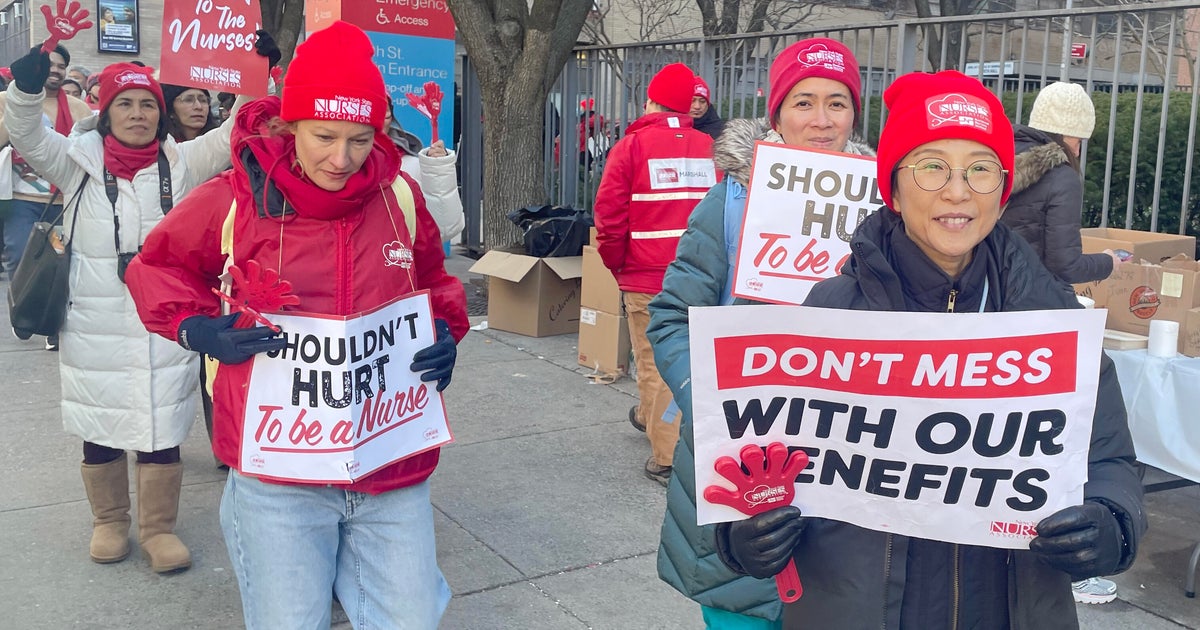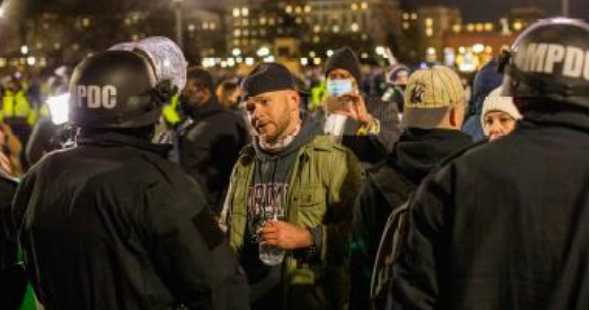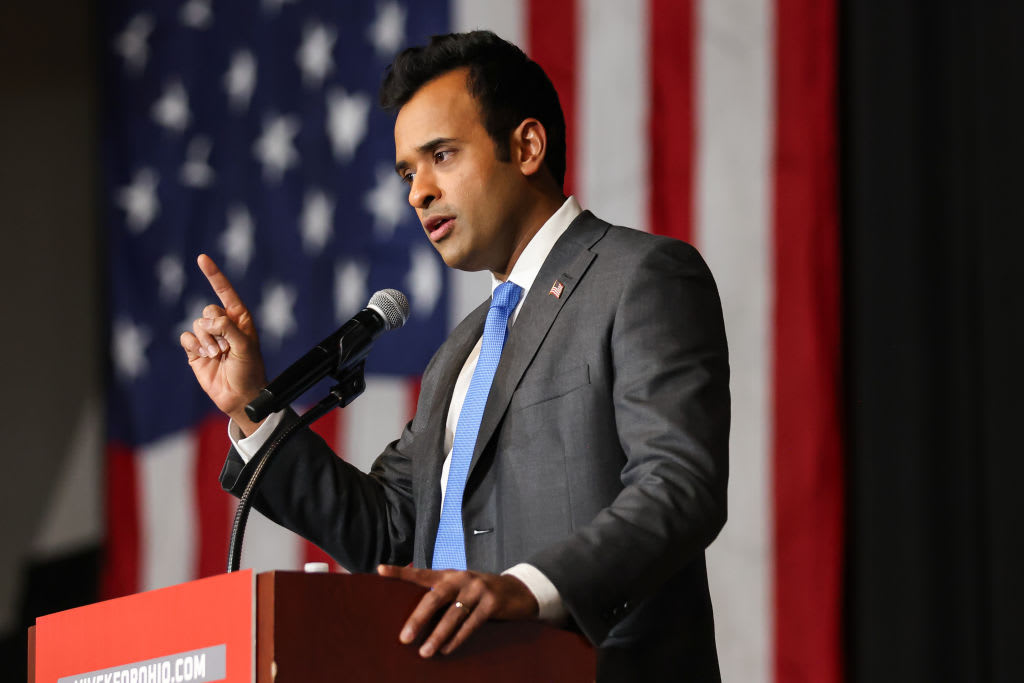Bernie Sanders ends presidential campaign, clearing way for Joe Biden as nominee
Washington — Senator Bernie Sanders ended his campaign for president on Wednesday, clearing the way for former Vice President Joe Biden to capture the Democratic nomination and challenge President Trump in November.
The Vermont senator announced his decision to campaign staff before delivering remarks on a livestream.
"I wish I could give you better news, but I think you know the truth," Sanders told supporters, adding that "the path towards victory is virtually impossible."
"I have concluded that this battle for the Democratic nomination will be unsuccessful," Sanders continued, calling it a "difficult and painful decision."
Sanders alluded to the coronavirus pandemic, saying that continuing his campaign would "interfere with the important work required of all of us in this difficult hour." Sanders said the virus "has exposed for all to see how absurd our current employer-based health insurance system is."
However, Sanders emphasized that he would not stop fighting for political change.
"While this campaign is coming to an end, our movement is not," Sanders said. He congratulated Biden, calling him a "decent man," and conceded he will win the nomination, but declined to endorse him outright. Instead, Sanders said he will remain on the ballot in states that have yet to hold primaries, hoping to rack up more delegates so that his supporters, and his policies, will be able to influence the party platform at the Democratic convention.
Sanders thanked his supporters for making a "profound impact in changing our nation."
"Together we have transformed the American consciousness as to what kind of nation we can become," Sanders said. He argued that ideas such as Medicare for All and raising the minimum wage had gained traction in mainstream Democratic politics, proving "our movement has won the ideological struggle."
Sanders adopted a sad but positive tone as he informed his staff about his decision before his remarks, according to an aide on the call.
"The struggle goes on. This was never about Bernie Sanders, this was always about the movement," the aide said.
In a statement following his announcement, Biden praised Sanders, saying he and his supporters "have changed the dialogue in America."
"Bernie has done something rare in politics. He hasn't just run a political campaign; he's created a movement," Biden said. "And make no mistake about it, I believe it's a movement that is as powerful today as it was yesterday. That's a good thing for our nation and our future."
Biden said Sanders "doesn't get enough credit for being a voice that forces us all to take a hard look in the mirror and ask if we've done enough," and made a direct appeal to Sanders' supporters.
"I see you, I hear you, and I understand the urgency of what it is we have to get done in this country. I hope you will join us. You are more than welcome. You're needed," the former vice president said. "Together we will defeat Donald Trump."
Sanders spoke around midday today about the senator's decision to suspend his campaign, a source familiar with the call tells CBS News. This was one of several calls between the two opponents in recent weeks to discuss the future of their campaigns.
Former President Barack Obama has also been in touch with Sanders a few times in recent weeks as the senator mulled his campaign's future, according to a person familiar with those calls who was granted anonymity to speak frankly about them. Obama has kept close tabs on the campaign, and has spoken with most of the Democratic presidential contenders in recent months, usually right after they decided to end their respective bids.
Sanders had a strong finish in early primaries, becoming the front-runner after winning in New Hampshire and Nevada, but faltered in South Carolina and on Super Tuesday primaries, as Biden drew upon strong African-American support to sweep the South. Many of his former opponents have endorsed Biden, who is now the only candidate remaining in the race.
Sanders was a fundraising juggernaut throughout the campaign, raising over $46 million in February alone. More than 2 million people contributed to Sanders' campaign, with an average contribution of $18.
Sanders promised a wave of new voters would turn out for his candidacy, but it never materialized. After a disappointing showing on Super Tuesday in early March, he admitted that young voters, essential to his political revolution, had yet to show up in the numbers he was hoping to see.
"If you might want to ask me, maybe as a follow-up question, 'have we been as successful as I would hope in bringing young people in?' And the answer is no."
As in his previous failed primary bid in 2016 against Hillary Clinton, Sanders's support for Medicare for All was a key issue throughout the campaign. Although Elizabeth Warren embraced the idea of Medicare for All, other candidates, including Biden, balked at the estimated $30 trillion price tag.
In an interview with "60 Minutes" in February after his Nevada win, Sanders said the idea of a "political revolution" was popular among voters tired of the status quo.
"The ideas that seemed radical four years ago are now kind of mainstream," Sanders said.
Mr. Trump, who has repeatedly referred to Sanders as "crazy," urged his supporters to join the Republican Party in a tweet Wednesday. He blamed Warren for pulling votes away from Sanders.
"Bernie Sanders is OUT! Thank you to Elizabeth Warren. If not for her, Bernie would have won almost every state on Super Tuesday! This ended just like the Democrats & the DNC wanted, same as the Crooked Hillary fiasco. The Bernie people should come to the Republican Party, TRADE!" Mr. Trump wrote.
Ed O'Keefe contributed to this report.





